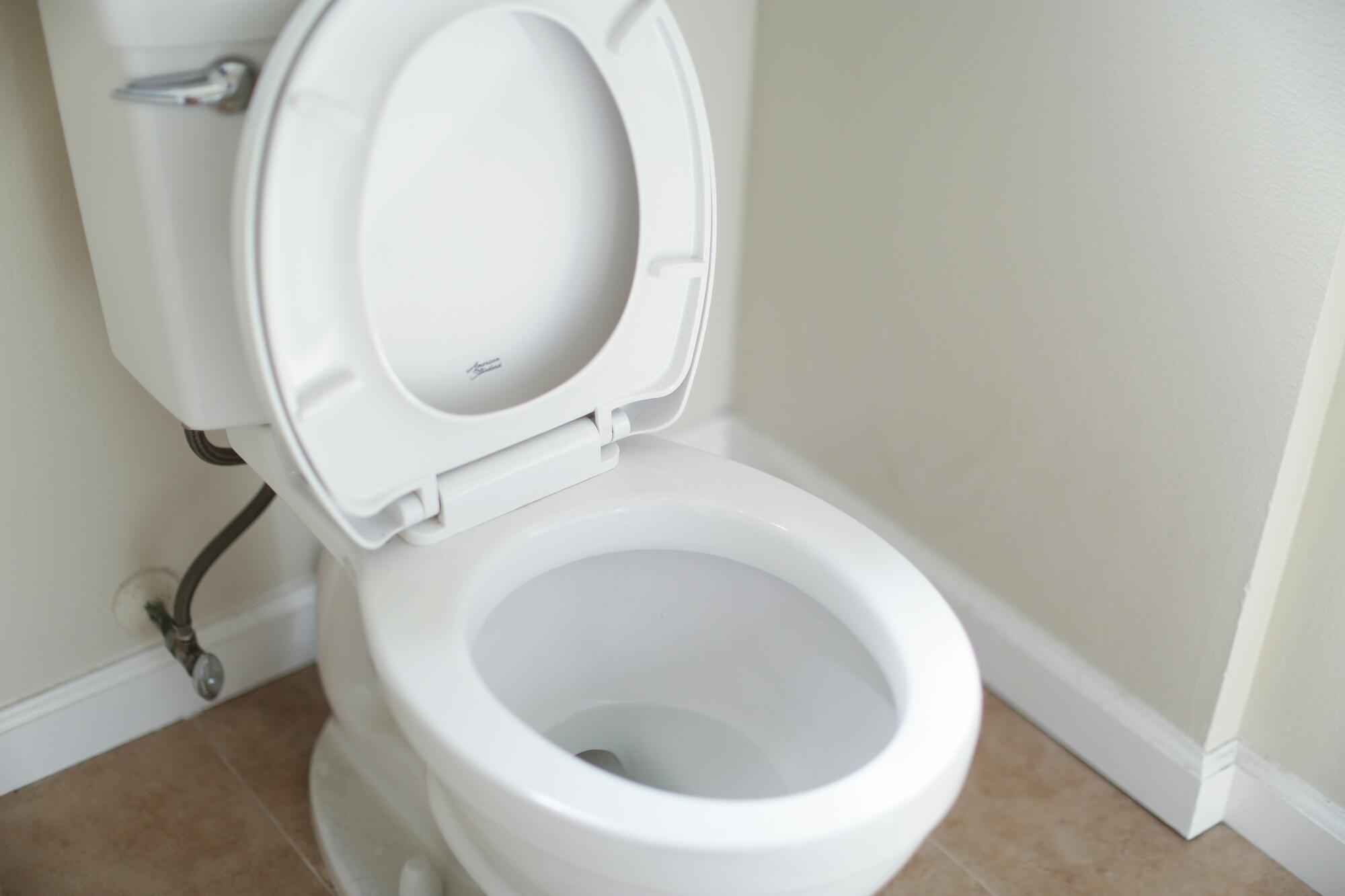
What Is Jock Itch and How Do I Get Rid of It?

You might think that jock itch is a condition that only affects athletes. The name can be a little misleading because it can affect you even if you don’t play sports.
There have been almost 30 million cases of superficial fungal infections reported in the United States—and jock itch falls under this category. While it can affect a variety of people, it is most common in adolescent and adult men.
This condition can be uncomfortable and it might make you feel embarrassed. It is important to know that there are treatment options available.
Keep reading to learn more about jock itch and how to find the treatment that’s right for you!
What Is Jock Itch?
Jock itch is caused by a fungus that is a form of ringworm. It is a type of infection called tinea cruris. It is an itchy rash in the groin area that can create discomfort.
This type of ringworm thrives in a warm and moist environment on your body. It affects those who are overweight, those who sweat a lot, and those who have eczema. It is the most common for athletes, hence the name of the condition.
It can however affect women and those who don’t play sports. It affects mostly men because of the anatomic structure of the male genitalia.
What Are the Symptoms of Jock Itch?
The symptoms of jock itch vary for each individual. It generally starts as mild itchiness that comes and goes around the groin area.
If it is irritated, it can create more intense itching and a pink or red rash. The rash can sometimes look like it’s in the shape of a ring. It can also have a variety of those symptoms including:
- Rash on either side of the groin
- Unbearable itching of the skin surrounding the area
- Dry, rough, or bumpy skin around the groin
- Developing blisters full of puss
- A ring with a read spreading outwards
- Itching around the labia, vagina, scrotum, anus, or penis
- Discharge for women
- Developing a vagina yeast infection
- Rash on the head of the penis for those who are uncircumcised
These are just some of the symptoms that can accompany jock itch. In rare but severe cases, ulcers can develop or open sores in the skin. Be sure to get treatment for your jock itch before it spreads.
What Causes Jock Itch?
There are several causes for jock itch. Because it is most common in athletes, we can see what their common behaviors are and what might cause the development of job itch. However, there are many possible causes:
- Friction on the skin
- Warmth and moisture around the groin area
- Using damp towels to dry off
- Poor hygiene in the reproductive area
- Tight clothing that isn’t breathable
- Clothing that traps in sweat
- Bacterial infections
- Fungal infections and yeasts such as candida yeast or fungal molds
These are just some of the causes of jock itch. Cases vary between individuals with the condition but it is important to avoid these situations when possible. Additionally, there has been no evidence that diet or nutrition can affect jock itch.
Types of Jock Itch Treatments
There are a few home remedies that you can try whether you are taking medications or not. These can not only help you treat jock itch, but they can also help you prevent it in the future.
These options can be used if you have a mild case of jock itch:
- Be sure to wash the skin of the groin three times per day
- Avoid moisture and heat and keep the groin area dry
- Ensure that your underwear is made of 100% cotton
- Use natural detergents and fabric softeners
- Get an over-the-counter hydrocortisone cream or a jock itch cream
- Apply the cream daily to the affected area
These can be effective in many cases of jock itch. Be sure to monitor your symptoms and avoid causing more irritation in the affected area. Avoid clothing made of polyester and other non-breathable fabrics.
When Should I Take Jock Itch Medication?
If you are using home remedies and topical creams but you are not seeing any improvements, you must consider your treatment options.
A resistant or severe type of jock itch might require you to take medication.
Sometimes, over-the-counter medications or topical treatments just can’t seem to treat the condition. There are effective antifungal medications that your doctor can prescribe.
Antifungal medication can come in the form of oral medication or topical medication. You can talk to your doctor to discuss which treatment options are right for you.
You can also try using an antifungal shampoo. These contain ketoconazole or selenium sulfide, both of which can treat jock itch symptoms. Your doctor can prescribe a more potent shampoo option.
Getting Rid of Jock Itch For Good
Jock itch can be a pain in the you-know-what. This condition can be embarrassing, uncomfortable, and just plain unpleasant to deal with. If you are suffering from this condition, remember to try washing the groin areas frequently, avoid using damp towels, keeping the area dry, and using a topical cream.
You can use these remedies to prevent jock itch in the future. It is important to remember good hygiene practices and use them daily to avoid skin fungus. There are also highly effective medications that you can take for your jock itch and find fast relief!
For a full range of medications and treatments for fungal skin conditions, be sure to visit our website and start healing today.

